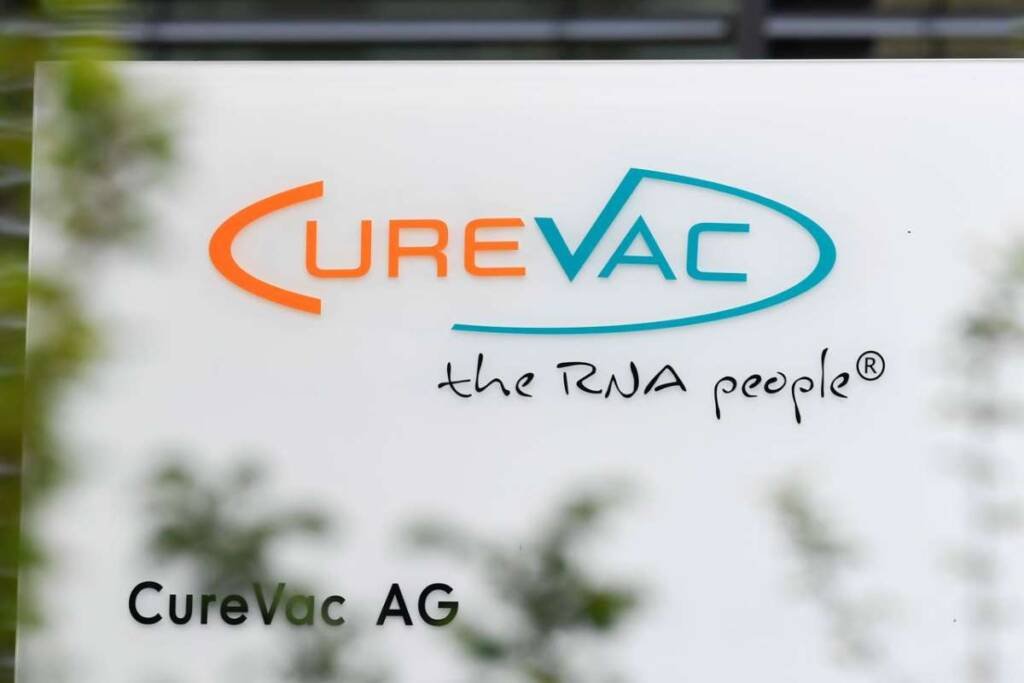Source – CureVac
CureVac is intensifying its patent battle over COVID-19 vaccines by asserting additional claims against Pfizer and BioNTech in both the United States and Germany.
In the US litigation, the German mRNA specialist introduced a tenth patent, while in Germany, it added three more to the existing five, thereby broadening the scope of the disputes.
Last summer, CureVac initiated legal action against BioNTech in Germany with four claims, later adding a fifth in May. The original patents in question were deemed crucial to the design and development of BioNTech and Pfizer’s Comirnaty, including sequence modifications and mRNA vaccine formulations, as stated by CureVac in a previous statement.
CureVac’s lawsuit does not seek to halt the production and distribution of the vaccine but rather aims for acknowledgment and royalties from past and future sales. Berenberg Capital Markets analyst Zhiqiang Shu estimated that this could potentially involve $500 million, as outlined in a note to clients in July of last year.
Former CureVac CEO Franz-Werner Haas expressed the company’s desire for recognition, stating in an interview last summer, “We just want to have this piece of contribution to be recognized.”
The new patents brought forth in the German case pertain to adapted variants of the vaccine and split poly A tail mRNA vaccines.
Following CureVac’s legal action in Germany, Pfizer and BioNTech preempted them by filing a complaint in the US District Court for the District of Massachusetts, seeking a ruling against the infringement claims and aiming to prevent further claims by CureVac. In their filing, Pfizer and BioNTech referred to the “threats of a groundless patent infringement suit” by CureVac, a company that has not been able to bring any COVID-19 products to market.
In May, CureVac responded with a counterclaim, alleging that the partners infringed upon nine of its patents, which cover mRNA vaccine design, formulation, and manufacturing. The most recent patent added to the claims relates to mRNA purification methods.
CureVac also requested a transfer of the case to the Eastern District of Virginia, which was granted. The company expects this move to expedite the process significantly, with a potential trial date set for 2024, according to a statement released at the time.
“With the addition to the lawsuits in Germany and the US of new and highly relevant intellectual property rights, CureVac not only extends the scope of the cases in both jurisdictions but demonstrates that we continue to be at the forefront of innovation in the mRNA field. We are confident that the relevant courts will recognize our reasonable claims to fair compensation under US and German law.”
– CEO Dr. Alexander Zehnder
A public hearing for the German case is scheduled to take place in August at the Regional Court in Düsseldorf.





























